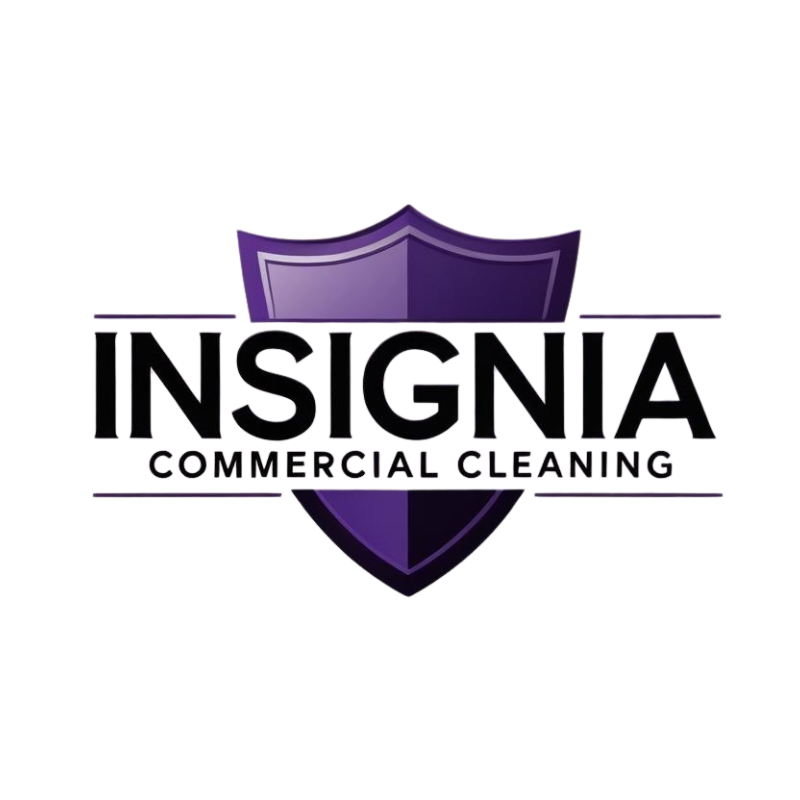Why Hire a Commercial Cleaner? A Practical Guide for Every Industry
When you think of the phrase commercial cleaning, the first images that come to mind might be janitors emptying trash bins or someone vacuuming office carpets after hours. But in reality, commercial cleaning stretches far beyond that—and it’s a service that impacts everything from employee health to brand reputation to the lifespan of your facility itself.
So, why hire a commercial cleaner? Let’s dig into what it really means, when you need it, when you might only need it occasionally, and what’s at stake if you decide to skip it.
What Commercial Cleaning Actually Is
Commercial cleaning isn’t a one-size-fits-all “mop and bucket” service. It refers to specialized cleaning for businesses, facilities, and organizations that goes beyond everyday tidying. It can include:
Routine upkeep: Trash removal, dusting, vacuuming, restroom sanitation.
Specialized services: Carpet care, floor stripping and waxing, window cleaning, deep kitchen sanitation, or high-touch disinfecting.
Industry-specific cleaning: Medical-grade sanitization for healthcare, food-safe standards for restaurants, or OSHA-compliant cleanup for industrial sites.
Preventive maintenance support: Protecting surfaces, equipment, and air quality so facilities last longer and run better.
The key difference? Commercial cleaners are trained to meet the demands of high-traffic spaces and regulatory standards that typical “house cleaning” doesn’t cover.
When You Do Need a Commercial Cleaner
Every business has different requirements, but here are the most common situations where hiring professionals is critical:
High Foot Traffic – Office lobbies, retail stores, schools, and gyms accumulate dirt, germs, and wear much faster than residential spaces.
Sensitive Industries – Healthcare, food service, manufacturing, and labs require strict compliance with hygiene standards.
Shared Environments – Multi-tenant office buildings or shared workspaces where cleanliness directly impacts tenant satisfaction and renewals.
Facility Longevity – Floors, carpets, and HVAC systems last longer when properly cleaned and maintained.
When You Might Only Need Periodic Service
Not every facility requires daily or even weekly service—but that doesn’t mean commercial cleaners aren’t useful. In some cases, a lighter or occasional contract works best:
Small, low-traffic offices – A boutique firm with five employees might only need a professional visit once a week or biweekly.
Seasonal or short-term operations – Pop-up shops, construction trailers, or event venues benefit from one-time deep cleans before and after use.
In-house capacity with gaps – Some companies train staff for daily upkeep, but still bring in a commercial cleaner quarterly for deep sanitizing or specialty tasks.
The bottom line: commercial cleaning is scalable. You can match the service level to your actual needs without overcommitting.
The Consequences of Not Hiring a Commercial Cleaner
Skipping professional cleaning often feels like a cost-saving move—but the hidden costs pile up fast:
Health Risks: Germ build-up leads to more sick days and lower productivity.
Reputation Damage: Clients, tenants, or patients will notice dirty floors, fingerprints, or odors—and it can affect trust and loyalty.
Regulatory Issues: Industries like healthcare, hospitality, and food service risk fines or shutdowns if they fall below cleanliness standards.
Asset Damage: Dirt, dust, and neglect shorten the lifespan of flooring, HVAC systems, and fixtures, leading to costly repairs or replacements.
Why Hiring a Commercial Cleaner Is an Investment, Not an Expense
When done right, commercial cleaning isn’t just about appearances—it’s a strategic investment. It protects your people, your reputation, and your property. Whether you’re running a hospital, a law office, a retail store, or a warehouse, the right cleaning partner tailors services to your unique environment.
So the real question isn’t “Why hire a commercial cleaner?” but rather: “Why risk not having one?”
